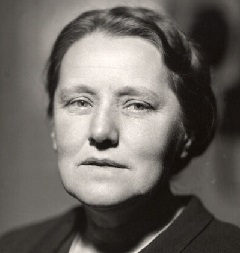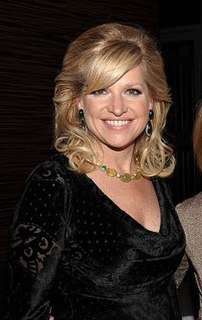Цитата Джорджа Сантаяны
Однако научная ценность истины не является окончательной или абсолютной. Он опирается отчасти на практические, отчасти на эстетические интересы. По мере того как наши идеи постепенно приводятся в соответствие с фактами в результате мучительного процесса отбора, — ибо интуиция в равной степени приводит к истине и к ошибке и ничего не может решить, если ее не контролировать, — мы значительно выигрываем в нашей власти над окружающей средой. Это фундаментальная ценность естествознания.
Темы цитат
Абсолютная
эстетика
Принесла
команду
Соответствие
Контролируемая
среда
Равно
Ошибка
Опыт
Факты
Фундаментальная
выгода
Постепенно
Однако
идеи
Интересы
Интуиция
Естественные
естествознания
Ничего
Наша
окружающая среда
Сверхболезненная
Частично
практический
процесс
Остается
Бегает
Наука
Научный
отбор
Устанавливает
истину
Истина - это
высшая
ценность
огромной степени
Связанные цитаты
С точки зрения абсолютной истины все, что мы чувствуем и переживаем в нашей обычной повседневной жизни, является иллюзией. Из всех различных заблуждений чувство различения себя и других является наихудшей формой, так как не создает ничего, кроме неприятностей для обеих сторон. Если мы сможем осознать абсолютную истину и медитировать на нее, это очистит наш ум от загрязнений и, таким образом, искоренит чувство различения. Это поможет создать настоящую любовь друг к другу. Поэтому поиск истины в последней инстанции жизненно важен.
Нет такой вещи, как абсолютная правда и абсолютная ложь. Научный ум никогда не должен признавать совершенную истину или совершенную ложность какой-либо предполагаемой теории или наблюдения. Он должен тщательно взвешивать шансы на истину и ошибку и ставить каждую из них в правильное положение на линии, соединяющей абсолютную истину и абсолютную ошибку.
Каждый ученый путем личного изучения и исследования дополняет себя и свое человечество. ... Научные исследования составляют для вас, как и для многих, путь к личной встрече с истиной и, возможно, привилегированное место для самой встречи с Богом, Творцом неба и земли. Наука сияет во всей своей ценности как благо, способное мотивировать наше существование, как великий опыт свободы для истины, как фундаментальное дело служения. Благодаря исследованиям каждый ученый растет как человек и помогает другим делать то же самое.
Совершенно очевидно, что, как бы естественно ни было для нас горевать о смерти наших близких, это горе есть заблуждение и зло, и мы должны его преодолевать. О них не нужно печалиться, ибо они перешли в гораздо более широкую и счастливую жизнь. Если мы скорбим о нашей собственной воображаемой разлуке с ними, то мы, во-первых, плачем об иллюзии, ибо на самом деле они не отделены от нас; и, во-вторых, мы действуем эгоистично, потому что больше думаем о нашей собственной кажущейся потере, чем об их великой и реальной выгоде.
Насколько я понимаю, кантианский конструктивизм — это отчасти позиция нормативной этики, отчасти позиция метаэтики. В метаэтике это позиция, согласно которой этические утверждения имеют значения истинности, но их условия истинности состоят не в наборе объективных фактов, которым они соответствуют, а в результате некоторой процедуры обсуждения, приводящей к решениям о том, что делать.
Что больше всего поразило меня в Англии, так это понимание того, что только те работы, которые имеют практическую направленность, вызывают внимание и вызывают уважение, в то время как чисто научные, обладающие гораздо большими достоинствами, почти неизвестны. И все же последние являются надлежащим источником, из которого проистекают другие. Одна лишь практика никогда не может привести к открытию истины или принципа. В Германии совсем наоборот. Здесь в глазах ученых люди не придают никакой ценности или, по крайней мере, незначительной ценности практическим результатам. Обогащение науки само по себе считается достойным внимания.
Самое главное – это практика в повседневной жизни; тогда вы сможете постепенно познать истинную ценность религии. Доктрина предназначена не для простого знания, а для совершенствования нашего ума. Для этого она должна быть частью нашей жизни. Если вы поместите религиозную доктрину в здание, а когда выйдете из здания, откажетесь от практики, вы не сможете получить ее ценность.
Толстой объясняет где-то в своих произведениях, почему, по его мнению, «наука ради науки» — абсурдная концепция. Мы не можем знать всех фактов, так как их число практически бесконечно. Мы должны сделать выбор. Не лучше ли руководствоваться пользой, нашими практическими и особенно моральными потребностями?






































